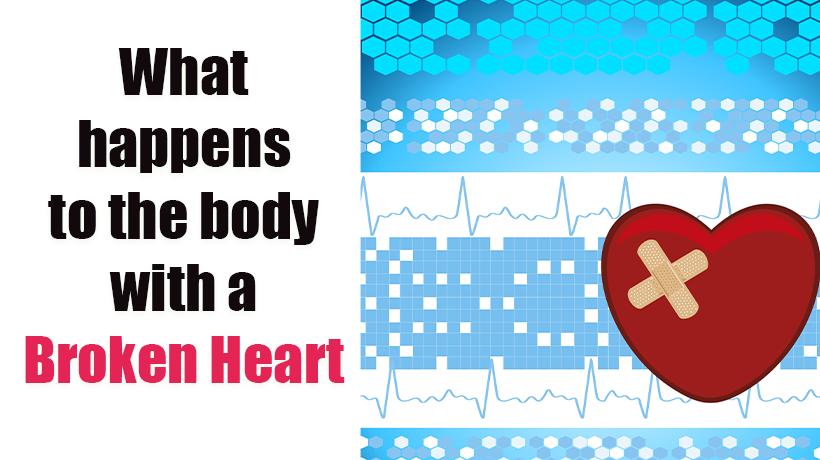Classic literature and film feature a number of characters who suffer from “broken heart syndrome,” where they suffer from illness or even death when a loved one dies. Most people dismiss this as a fictional trope, though, since finding a specific cause of death seemed hard to define.
Yet broken heart syndrome is a legitimate phenomenon, according to the American Heart Association (AHA), and it’s called “takotsubo cardiomyopathy.” Science suggests there’s a link between a strong emotional response to grief, loss, or other stress and heart disease –– in other words, your emotional heart can affect your literal heart.
Until recently, experts didn’t know exactly what caused broken heart syndrome. However, in a study published yesterday, researchers determined how the brain is involved in causing this sensation.
Signs of a broken heart
A person may experience broken heart syndrome during an emotionally stressful event. This could be the death of a loved one, a breakup, abusive moments, or a job loss, says the health resource site Mayo Clinic. It may also occur when someone is experiencing positive stress, like a surprise party, a wedding, or winning a lot of money.
During a moment of broken heart syndrome, there’s a temporary disruption of your heart’s normal pumping function in one area of the heart, according to the AHA. People with broken heart syndrome often think they’re having a heart attack. They notice signs like shortness of breath and chest pain, which are characteristic of a heart attack. They might even notice other symptoms like an irregular heartbeat and cardiogenic shock, which is when the weaker heart can’t pump enough blood.
However, broken heart syndrome is not a heart attack. There’s no evidence of blocked arteries and the recovery time is quicker.
The brain’s connection
In a study published in the European Heart Journal, researchers found that the brain is involved with the development of broken heart syndrome. They discovered that regions of the brain responsible for emotions as well as processes like the heartbeat, breathing, and digestion fail to communicate with each other as well in people who experience broken heart syndrome as they do in healthy people.
Researchers say that although they can’t show that these reduced brain functions definitely cause the syndrome, their results show that these changes in the central nervous system may be involved and that they are indeed linked with the onset of broken heart syndrome.
Sources:
https://www.heart.org/en/health-topics/cardiomyopathy/what-is-cardiomyopathy-in-adults/is-broken-heart-syndrome-real
https://www.mayoclinic.org/diseases-conditions/broken-heart-syndrome/symptoms-causes/syc-20354617
https://www.escardio.org/The-ESC/Press-Office/Press-releases/Broken-heart-syndrome-may-originate-in-the-brain
https://www.sciencedaily.com/releases/2019/03/190304195238.htm



